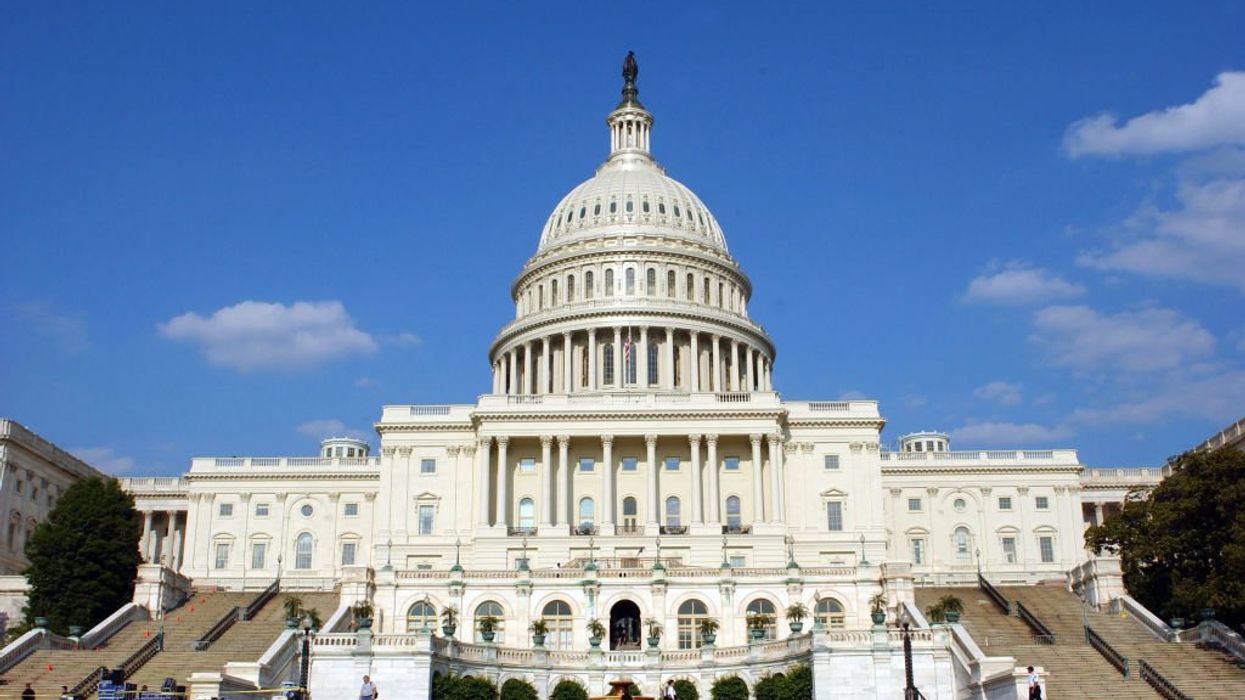In a rare moment of journalistic integrity, a White House reporter asked Press Secretary Jay Carney to clarify what President Obama means by the phrase ‘phony scandal.’ During yesterday’s daily briefing, CBS News White House correspondent Mark Knoller asked him a very pointed question and didn’t back down when Carney tried to give him the runaround:
KNOLLER: Jay, in his speech again yesterday, President Obama mentioned the phony scandals that are part of an endless parade of distractions. Can you tell us what phony scandals he’s talking about?
CARNEY: I think we all remember a few weeks ago when Washington was consumed with a variety of issues that, while in some cases significant, were — there was an effort underway to turn them into partisan scandals. I don’t think anybody here would doubt that. And what we’ve seen as time has passed and more facts have become known, whether it’s about the attacks in Benghazi and the talking points or revelations about conduct at the IRS, that attempts to turn this into a scandal have failed. And, you know, when it comes to the IRS, as I said the other morning, the president made very clear that he will — that he wants the new leadership there to take action to correct improper conduct. And that is happening, and he expects results. What some in Congress have failed to do, despite many attempts, is to provide any evidence, because there is none, that that activity was in any way known by or directed by the White House or was even partisan or political. As testimony has shown that I’ve seen, produced publicly in the press, although not by the Republican chairman of the committee, self-identified Republicans who participated in the reviews of these applications for tax-exempt status, clearly denied that there was any — at least — and this is just them saying this — that there was any partisan or political motivation to what they were doing. That doesn’t excuse the conduct; doesn’t say that it’s the right thing to do. It means that we have to address poor performance as poor performance, and reject efforts to turn it into yet another partisan political football. And I think — you know, we — our views — and I would wax poetic on it if you want — my — our views on the Benghazi issue are well-known and I think that other issues fall into that.
KNOLLER: But so –
CARNEY: Well, I’m not going to — I’m not going to catalog –
KNOLLER: You mentioned two [‘phony scandals’]: the IRS and Benghazi.
CARNEY: Again, I think there was a period where there was a lot more energy and focus was paid by some in Congress, as well as in the media, on issues that, while important, are not of the highest priority to the American people and they were not scandals.
“Wait a minute, wait a minute,” Glenn said. “The IRS, the latest is the IRS and the FEC is in collusion… and we now have documents, documents obtained exclusively by the National Review Online. Correspondence between Lois Lerner and an attorney for the FEC, the Federal Election Commission, shows that they had twice colluded to influence the record before the FEC's vote on a case on a conservative nonprofit organization, this according to e‑mails unearthed by the House Ways and Means Committee and obtained by the National Review. Correspondents suggest the discrimination of conservative groups extended beyond the IRS and now into the FEC where the attorney from the agency's enforcement division in at least one case sought and received tax information about the status of a conservative group, which is illegal. It's illegal. Does anybody understand that word anymore? It's illegal.”
“No. This administration doesn't,” Pat responded. “They really don't.”
If the IRS scandal is so ‘phony,’ why did President Obama choose to call the IRS targeting of conservatives “outrageous” during a May 13 press conference with British Prime Minister David Cameron?
PRESIDENT OBAMA: The misconduct that uncovered is inexcusable. It's inexcusable and Americans are right to be angry about it and I am angry about it. I will not tolerate this kind of behavior in any agency but especially in the IRS.
“They have a right to be angry about it, he's angry about it,” Pat said. “Then how do you now classify it as phony? How do you do that?”
“Well, it's still being uncovered,” Glenn concluded. “It's still being uncovered.”
Watch the exchange between Carney and Knoller below starting at the 38:22 mark:

















